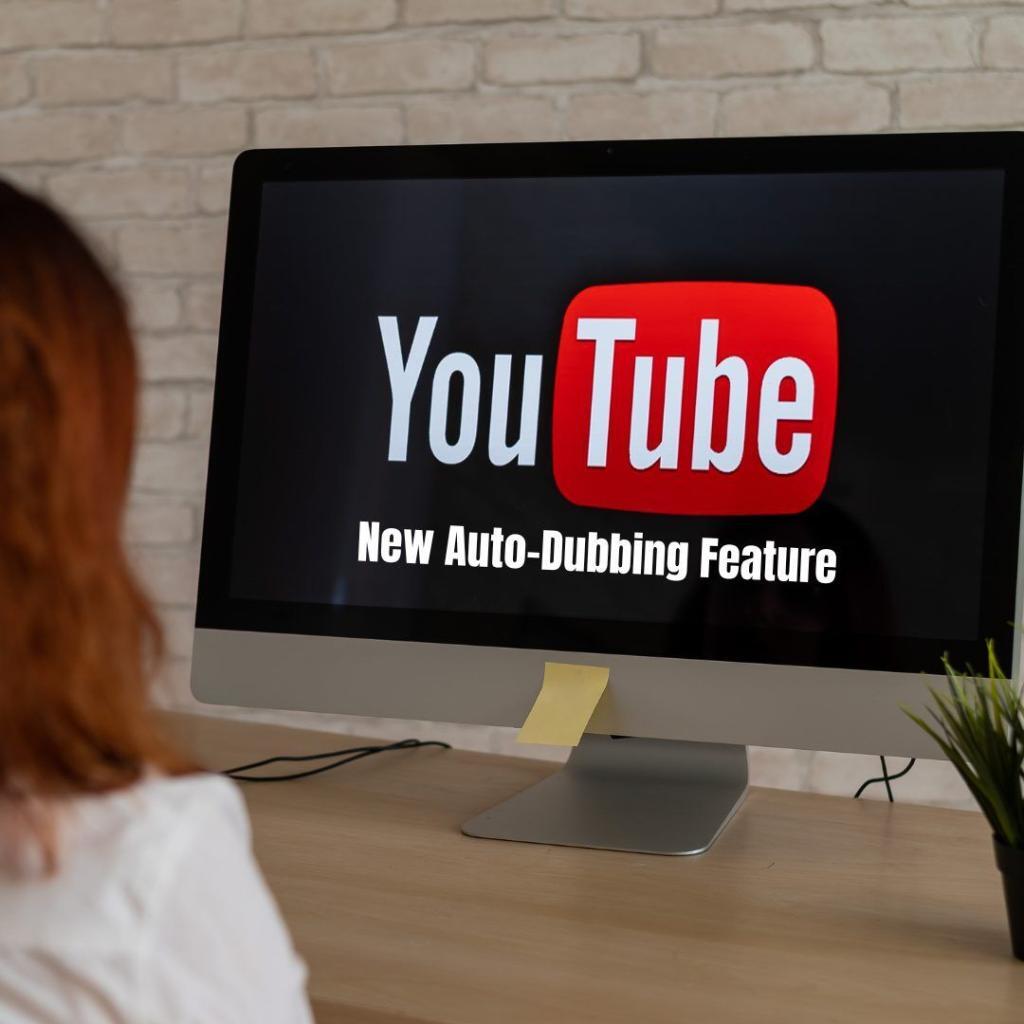Varinderjeet Kaur
Passionate Blogger, skilled SEO Executive, and innovative Digital Marketer
YouTube has finally rolled out its new auto-dubbing feature, allowing more producers to create translated audio tracks for their videos. Initially tested...

Image Credits: canva
YouTube has finally rolled out its new auto-dubbing feature, allowing more producers to create translated audio tracks for their videos. Initially tested with a limited number of artists, the tool is now accessible to hundreds of thousands of channels. This innovation aims to make YouTube videos more accessible and understandable to audiences globally.
The tool is presently being rolled out to channels that provide instructive or informational material, such as culinary courses, DIY projects, and more. YouTube intends to expand the auto-dubbing technology to additional forms of video shortly, increasing its accessibility.
To use the auto-dubbing feature, authors must post their videos as usual. YouTube will automatically determine the video’s language and generate dubbed versions in multiple languages. The tool currently supports English, French, German, Hindi, Indonesian, Italian, Japanese, Portuguese, and Spanish.
YouTube’s auto-dubbing feature employs Google’s Gemini technology, which mimics human voice for a more natural dubbing experience. However, the business adds that the technology is still in development, so there may be occasional translation inconsistencies or voice matching.
In addition to the present auto-dubbing capability, YouTube plans to release a “Expressive Speech” update. This will help the dubbed voices to better represent the creator’s tone, emotions, and even the ambiance of the video’s setting. This upgrade aims to provide a more authentic viewing experience.
YouTube’s new auto-dubbing function is a huge step toward increasing content accessibility to a worldwide audience, allowing artists to reach viewers in multiple languages.
Suggested Articles:
Why OpenAI Limits Real-Person Video Creation on Sora?
Apple sued for abandoning Child Sexual Abuse Material (CSAM) detection for iCloud